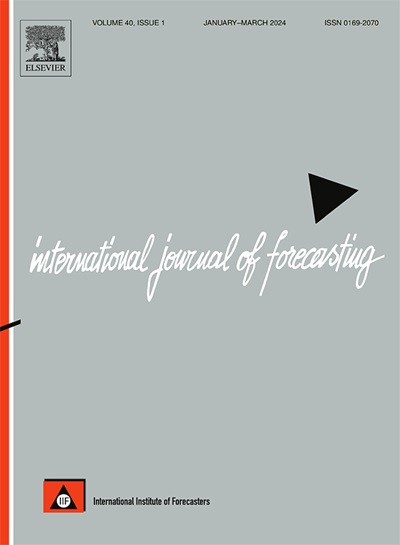Election forecasting: Political economy models
IF 7.1
2区 经济学
Q1 ECONOMICS
引用次数: 0
Abstract
We draw globally on a major election forecasting tool, political economy models. Vote intention polls in pre-election public surveys are a widely known approach; however, the lesser-known political economy models take a different scientific tack, relying on regression analysis and voting theory, particularly the force of “fundamentals.” We begin our discussion with two advanced industrial democracies, the US and UK. We then examine two less frequently forecasted cases, Mexico and Ghana, to highlight the potential for political-economic forecasting and the challenges faced. In evaluating the performance of political economy models, we argue for their accuracy but do not neglect lead time, parsimony, and transparency. Furthermore, we suggest how the political economic approach can be adapted to the changing landscape that democratic electorates face.
选举预测:政治经济模型
我们利用全球主要的选举预测工具——政治经济模型。选前民意调查中的投票意向调查是一种广为人知的方法;然而,鲜为人知的政治经济模型采取了不同的科学策略,依赖于回归分析和投票理论,特别是“基本面”的力量。我们从两个先进的工业民主国家——美国和英国——开始讨论。然后,我们研究了两个不太经常预测的案例,墨西哥和加纳,以突出政治经济预测的潜力和面临的挑战。在评估政治经济模型的表现时,我们主张它们的准确性,但不要忽视交货时间、节俭性和透明度。此外,我们建议如何使政治经济方法适应民主选民所面临的不断变化的环境。
本文章由计算机程序翻译,如有差异,请以英文原文为准。
求助全文
约1分钟内获得全文
求助全文
来源期刊

International Journal of Forecasting
Multiple-
CiteScore
17.10
自引率
11.40%
发文量
189
审稿时长
77 days
期刊介绍:
The International Journal of Forecasting is a leading journal in its field that publishes high quality refereed papers. It aims to bridge the gap between theory and practice, making forecasting useful and relevant for decision and policy makers. The journal places strong emphasis on empirical studies, evaluation activities, implementation research, and improving the practice of forecasting. It welcomes various points of view and encourages debate to find solutions to field-related problems. The journal is the official publication of the International Institute of Forecasters (IIF) and is indexed in Sociological Abstracts, Journal of Economic Literature, Statistical Theory and Method Abstracts, INSPEC, Current Contents, UMI Data Courier, RePEc, Academic Journal Guide, CIS, IAOR, and Social Sciences Citation Index.
 求助内容:
求助内容: 应助结果提醒方式:
应助结果提醒方式:


